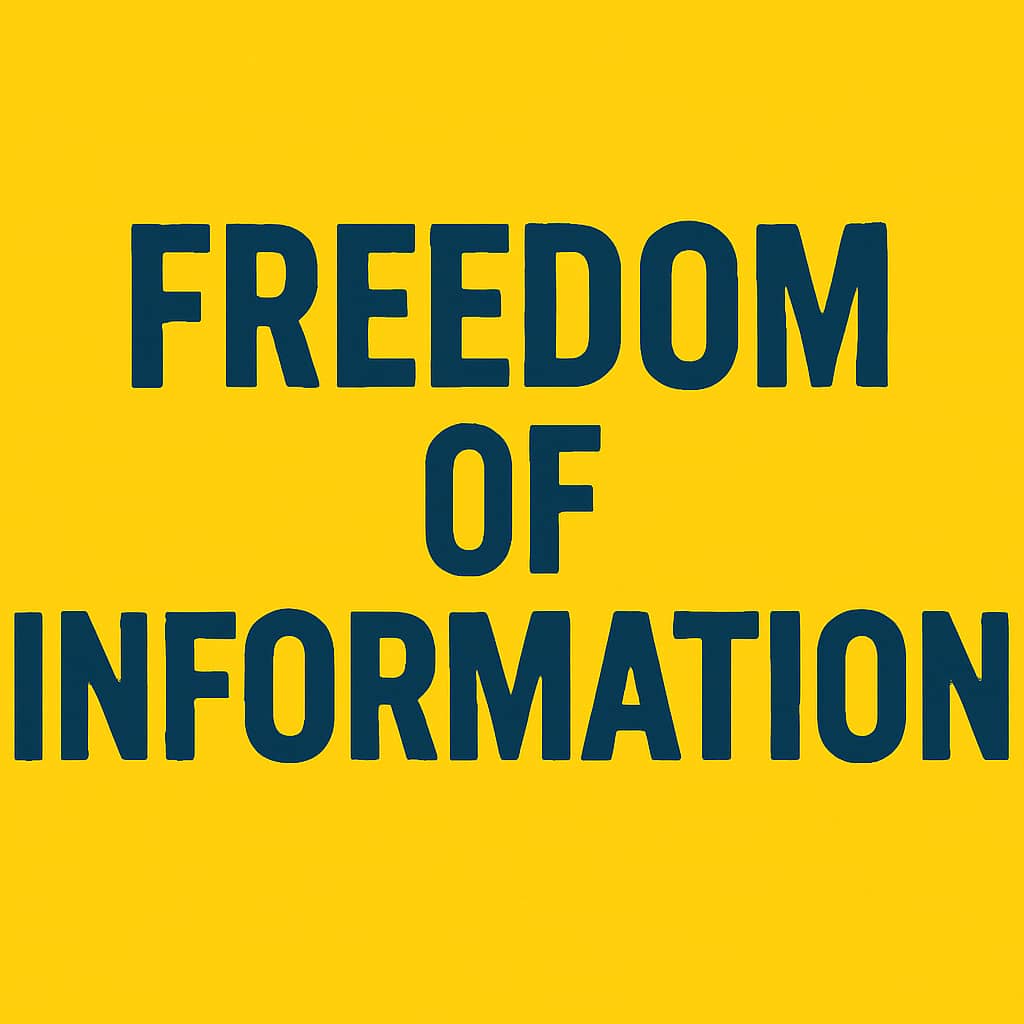A recent report by the U.S. Department of State has shed light on the shortcomings of Antigua and Barbuda’s Freedom of Information Act, revealing significant gaps between the law’s intent and its practical application. Published in September 2025 as part of the Investment Climate Statement, the report underscores the challenges citizens face in accessing public records, despite the legislation’s promise of transparency. The Act, which grants individuals the statutory right to request official documents and establishes a commissioner to oversee the process, has been hampered by systemic issues. According to the report, residents often encounter obstacles in obtaining records, likely due to government funding constraints rather than deliberate obstruction. Additionally, while the law mandates a special unit to monitor disclosures, these records remain non-public, and enforcement of penalties for noncompliance has been inconsistent. The report also highlights broader transparency issues in Antigua and Barbuda, noting that draft bills are not always subject to public consultation, limiting stakeholder engagement in policymaking. Although the country is a party to multiple international conventions on good governance, the State Department concluded that domestic transparency mechanisms remain weak. This analysis raises concerns about the effectiveness of the Freedom of Information Act in fostering accountability and public trust in government operations.
Antigua’s Freedom of Information Act Is Falling Short in Practice, US Report says
